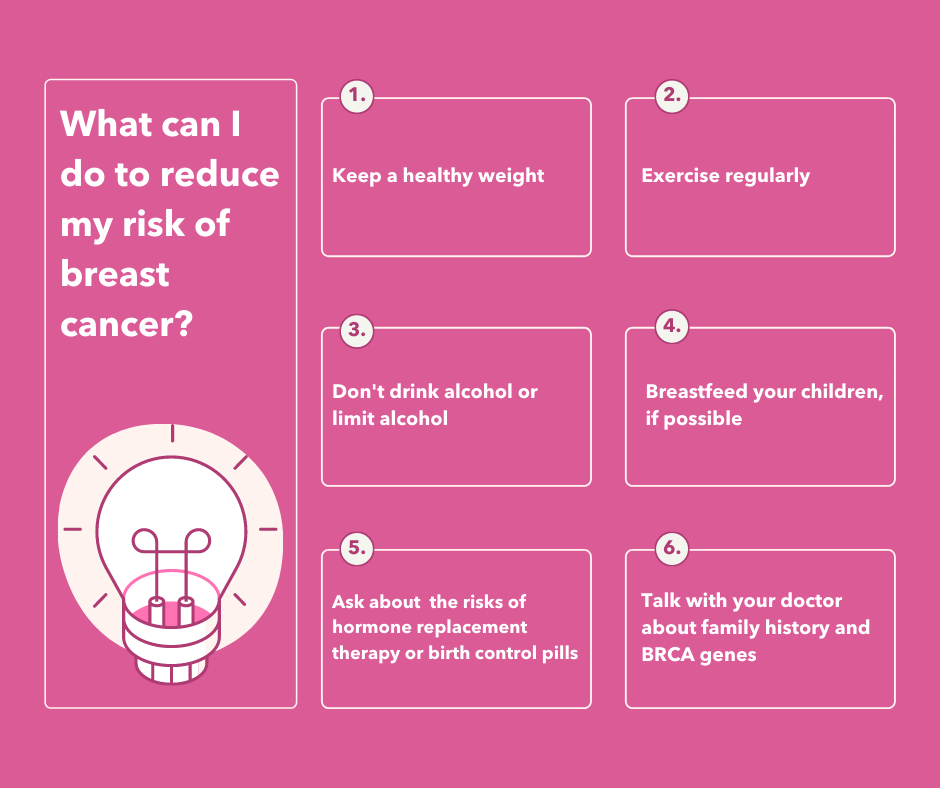Uncover the mystery behind your drunk threshold with these surprising factors. Bottoms up and discover what affects your alcohol tolerance!
Table of Contents
Whether you’re at a party, a bar, or just kicking back at home, the question of how many beers it takes to get drunk is one that many people ponder. But the answer isn’t as simple as a one-size-fits-all number. In fact, the science behind alcohol metabolism and individual tolerance levels plays a significant role in determining how easily and quickly you can become intoxicated.
Alcohol Metabolism
When you crack open a cold one, your body immediately goes to work breaking down the alcohol. The liver is the main organ responsible for metabolizing alcohol, with the ability to process about one standard drink per hour. This means that if you’re sipping on a beer with a 5% alcohol content, it may take roughly an hour for your body to metabolize it completely.
However, the rate at which you metabolize alcohol can vary based on a variety of factors. Weight, gender, age, and genetics all play a role in how efficiently your body processes alcohol. Generally, larger individuals tend to metabolize alcohol more quickly than smaller individuals, while men typically have a higher alcohol tolerance than women due to differences in body composition and enzyme production.
It’s important to keep in mind that alcohol metabolism isn’t an exact science. Factors like hydration, liver health, and overall physical condition can influence how quickly your body breaks down alcohol and how easily you become intoxicated.
Individual Tolerance Levels
Tolerance to alcohol refers to the body’s ability to handle increasing amounts of alcohol over time. Regular drinkers often develop a higher tolerance to alcohol than occasional drinkers due to the body’s ability to adapt to repeated exposure.
However, tolerance levels aren’t solely dependent on drinking frequency. External factors like stress, medication, and mood can also impact how alcohol affects you. For example, if you’re feeling anxious or tired, you may feel the effects of alcohol more strongly than if you were relaxed and well-rested.
Understanding your own tolerance levels is crucial for drinking responsibly. It’s essential to know when to stop and recognize the signs of intoxication before they escalate into dangerous territory.
Factors Influencing Intoxication
While the number of beers you consume is a primary factor in determining your level of intoxication, other variables can also come into play.

Image courtesy of cancercontroltap.smhs.gwu.edu via Google Images
For instance, eating food before or while drinking can help slow down the absorption of alcohol into your bloodstream. This means that having a meal before hitting the bar may prevent you from getting drunk as quickly as if you were drinking on an empty stomach.
Additionally, the type of alcohol you’re consuming can impact how drunk you get. Drinks with higher alcohol content, such as spirits, tend to lead to faster intoxication than lower-alcohol beverages like beer or wine. Mixing different types of alcohol can also increase the likelihood of intoxication, as your body has to metabolize multiple substances at once.
Conclusion
So, how many beers does it take to get drunk? The answer isn’t a straightforward one, as individual factors like metabolism, tolerance level, and external influences all play a role in determining your drunk threshold.
As you raise your glass, it’s essential to drink responsibly and be aware of your own limits. Knowing when to say when and recognizing the signs of intoxication can help prevent accidents, injuries, and negative repercussions of excessive drinking.
Ultimately, the key to enjoying alcohol is moderation and mindfulness. So, next time you’re out with friends or relaxing at home with a drink in hand, remember to bottoms up responsibly and know your body’s limits when it comes to getting drunk.
How does weight affect alcohol tolerance?
Heavier individuals tend to metabolize alcohol more quickly than lighter individuals due to higher body mass and a larger liver capacity.
Can genetics influence alcohol tolerance?
Yes, genetics play a significant role in alcohol tolerance by affecting enzyme production and liver function, impacting how efficiently the body breaks down alcohol.
How does food consumption affect intoxication?
Eating before or while drinking can slow down alcohol absorption, delaying intoxication compared to drinking on an empty stomach.
Does stress affect alcohol tolerance?
Yes, external factors like stress, medication, and mood can impact how alcohol affects individuals, potentially increasing the effects of alcohol when feeling anxious or fatigued.
Generated by Texta.ai Blog Automation


Leave a Reply